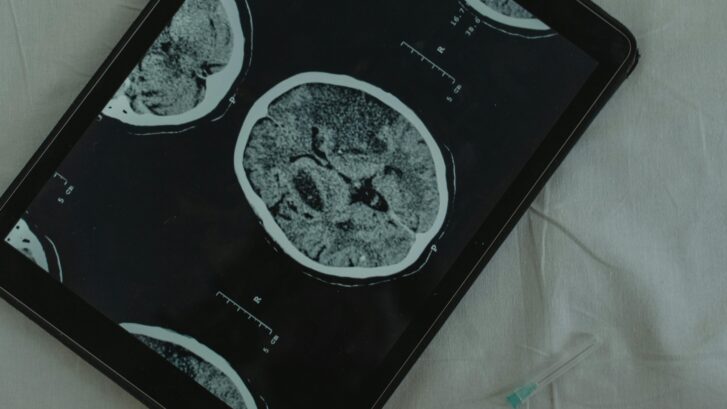Protecting Your Brain: Lessons from Tua Tagovailoa and the Importance of Brain Health
The human brain is the command center of our body, controlling everything from physical movements to thoughts and emotions. Yet, brain injuries, such as concussions, often remain overlooked until they pose serious risks. The recent concussion of Miami Dolphins quarterback Tua Tagovailoa has reignited discussions about the significance of brain health and the long-term impact of repeated injuries.
Understanding Concussions
A concussion is a traumatic brain injury (TBI) caused by a blow or jolt to the head or body, leading to a rapid movement of the brain within the skull. This movement can damage brain cells and disrupt normal brain function. Symptoms include headaches, dizziness, memory issues, confusion, and sensitivity to light or noise.
Why Brain Health Matters
The brain controls every aspect of our lives, from basic physical coordination to complex decision-making. Protecting it is crucial for maintaining long-term physical, mental, and emotional well-being. Repeated concussions or untreated brain injuries can lead to severe consequences, including:
- Chronic Traumatic Encephalopathy (CTE): A degenerative brain disease linked to repeated head trauma.
- Cognitive Decline: Issues with memory, attention, and problem-solving.
- Mental Health Challenges: Increased risk of depression, anxiety, and mood swings.
Tua Tagovailoa: A Case Study in Resilience and Risk
Tua Tagovailoa’s NFL career has been marked by exceptional talent but also repeated concussions. These injuries have raised concerns not just about his ability to continue playing but also about his long-term health.
Former NFL players, including Shannon Sharpe and Robert Griffin III, have urged Tua to prioritize his brain health over his career, emphasizing that no game is worth risking his future well-being. Their calls for caution highlight a broader message: protecting brain health should be a priority for everyone, not just athletes.
Tips for Maintaining Brain Health
- Prevent Head Injuries
- Wear helmets during activities like biking, sports, and skiing.
- Always use seat belts and ensure children use proper car seats.
- Seek Medical Attention Immediately
- After a head injury, even mild symptoms should prompt a visit to a doctor. Early diagnosis can prevent long-term complications.
- Stay Physically Active
- Regular exercise promotes blood flow to the brain and reduces the risk of cognitive decline.
- Prioritize Mental Health
- Address stress, anxiety, and depression with professional support when needed. Mental health is directly connected to brain health.
- Engage Your Brain
- Challenge your mind with puzzles, reading, or learning new skills to strengthen cognitive function.
- Maintain a Healthy Lifestyle
- Eat a balanced diet rich in brain-boosting foods like fatty fish, nuts, and leafy greens.
- Get adequate sleep to allow the brain to recover and rejuvenate.
The Role of Awareness
Tua’s story is a reminder that brain health must be taken seriously in all aspects of life, whether on the field or off. Athletes, parents, and coaches must understand the signs of concussion and advocate for rest and recovery to prevent further injury.
In Conclusion
Your brain is irreplaceable—protecting it is essential to living a fulfilling life. Whether you’re an athlete like Tua Tagovailoa or someone navigating daily life, prioritize safety, rest, and proactive care.
Brain health is not just about today—it’s about ensuring a brighter, healthier future. Let Tua’s journey inspire us all to think of the person, not just the player, and to take care of our most vital organ. Talk to our doctors in Jupiter about your brain health today.

